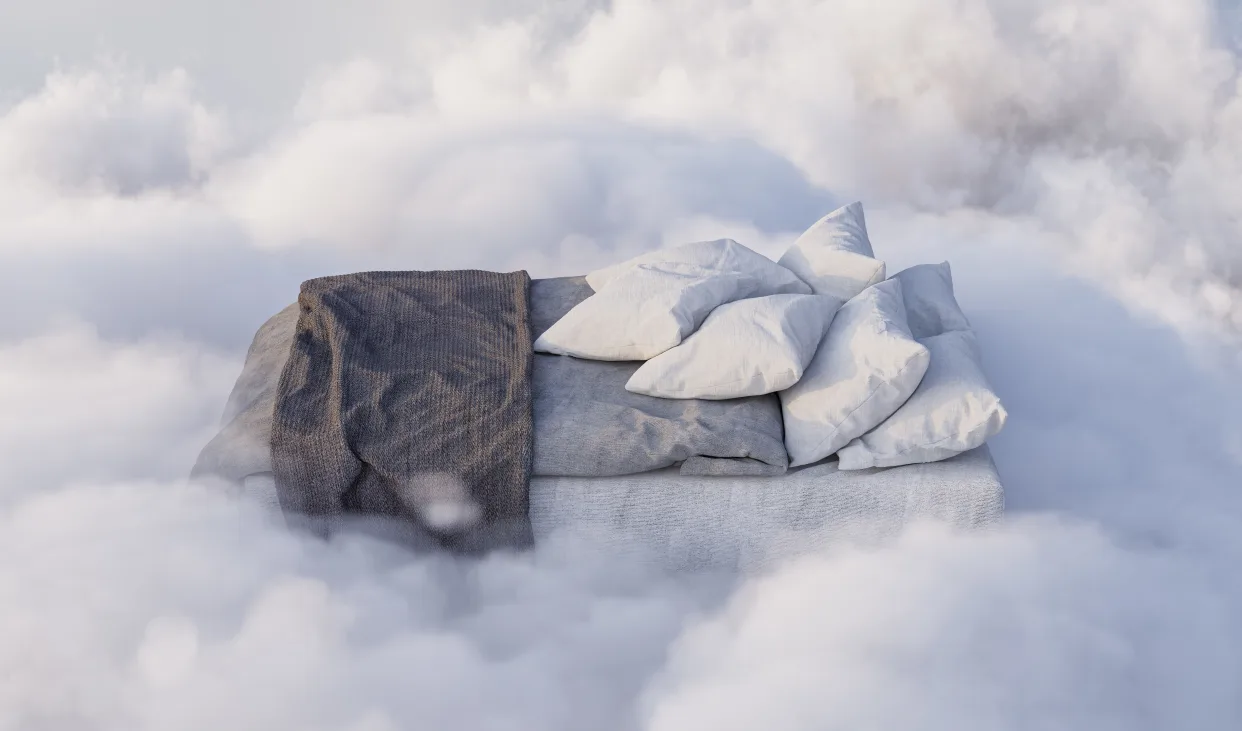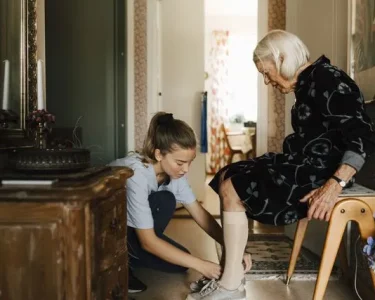In today’s fast-paced world, the quest for perfect sleep has never been more crucial. Millions of people struggle to achieve the recommended 7-9 hours of rest, with sleep disorders like insomnia and anxiety affecting their quality of life. In response, social media has seen a viral explosion of sleep-related discussions, tips, and new sleep technologies that promise to revolutionize how we rest. As more individuals turn to online platforms for solutions, the trend of “sleep hacks” has taken over the internet, fueled by influencers, doctors, and sleep experts alike.
Why is Sleep so Elusive?
Sleep deprivation has become a global epidemic. In many cases, the hustle culture and the pressure to be productive around the clock are to blame. Many people, particularly working professionals and students, sacrifice sleep to stay ahead in their personal or professional lives. As a result, insomnia and poor-quality sleep are rampant. According to recent research, over 30% of adults suffer from chronic insomnia, while countless others experience occasional sleepless nights.
Interestingly, the issue isn’t limited to individuals struggling to fall asleep. Many find themselves waking up throughout the night or unable to stay asleep long enough to feel fully rested. This has led to an increased focus on sleep as a health priority, with experts emphasizing the importance of not just the duration of sleep but its quality.
Social Media’s Role in the Sleep Revolution
The rise of social media platforms like TikTok, Instagram, and YouTube has created the perfect environment for sleep-related content to go viral. Users share their personal struggles with sleep, offering everything from guided meditations and white noise playlists to bedtime routines that claim to improve sleep hygiene. Hashtags like #SleepHacks, #PerfectSleep, and #InsomniaCure are now trending as millions search for simple yet effective solutions.
Celebrities and influencers are also getting in on the trend. Many have taken to sharing their favorite sleep products, from weighted blankets and sleep masks to smart mattresses that track sleep patterns. Videos demonstrating everything from nighttime skincare routines to yoga exercises meant to relax the body before bed have also gained massive popularity.
Sleep Tech: The Future of Rest?
The rise of wearable tech has further fueled this viral sleep quest. Products like sleep trackers, smartwatches, and sleep apps are gaining traction as users strive for a perfect night’s rest. These devices analyze sleep cycles, provide data on deep sleep versus light sleep, and even give personalized recommendations to improve sleep quality.
Additionally, apps offering calming bedtime stories, guided meditation, and soundscapes to drown out noise have become essential in many users’ nighttime routines. This tech-driven approach to sleep is reshaping how people understand rest, allowing them to take control of their sleep health like never before.
One of the most notable tech trends is the increasing use of blue light filters on smartphones and tablets. Studies have shown that exposure to blue light before bed can disrupt the body’s production of melatonin, making it harder to fall asleep. Many now swear by their night mode settings, which reduce this light and help ease the mind into a restful state.
Natural Solutions and Sleep Aids
Despite the increasing use of technology, many people are turning back to natural remedies in their quest for perfect sleep. Supplements like melatonin and magnesium are among the most popular choices, often recommended by experts for those struggling to sleep. Other natural sleep aids such as chamomile tea, lavender essential oils, and valerian root are making waves as well, with many swearing by their calming properties.
Additionally, sleep hygiene practices such as maintaining a regular sleep schedule, creating a calming bedtime routine, and minimizing caffeine intake are gaining renewed attention. These old-fashioned tips are being revitalized by social media users who report significant improvements in their sleep quality when adhering to them.
The Dark Side of the Sleep Craze
While the search for better sleep can lead to healthier habits, there’s a darker side to the viral sleep trend. Some experts warn that the obsession with tracking and optimizing every minute of rest can lead to orthosomnia, a condition where individuals become overly fixated on achieving perfect sleep.
The pressure to get the ideal amount of sleep every night, often reinforced by the constant stream of sleep content online, can create anxiety around bedtime. This paradoxical effect can cause some individuals to experience worse sleep quality as they become consumed with meeting their sleep goals. For others, the reliance on sleep aids, whether natural or tech-based, can become a crutch, potentially hindering long-term sleep health.
A Growing Industry
As more people join the sleep conversation online, the sleep industry continues to grow. Companies specializing in sleep products, from high-end mattresses to personalized sleep consultations, are booming. In fact, the global sleep aids market is expected to reach over $100 billion in the next few years, underscoring just how seriously people are taking their rest.
This surge in demand has also led to innovative collaborations between tech companies and sleep experts, with the aim of developing products that can transform the way we sleep. From AI-powered sleep coaches to mattresses that adjust based on body temperature, the future of sleep may look very different from what we’ve known.
The viral quest for perfect sleep reflects a deeper societal shift in how we prioritize rest. As people continue to search for solutions to their sleep woes, technology, natural remedies, and lifestyle changes offer potential avenues for improvement. However, it’s important to remember that the ultimate goal should be achieving a balanced, healthy approach to sleep—one that doesn’t come with undue stress or pressure.
For more insights on health, wellness, and the latest digital trends, be sure to check out Digital Digest for expert content that keeps you informed.






1 Comment